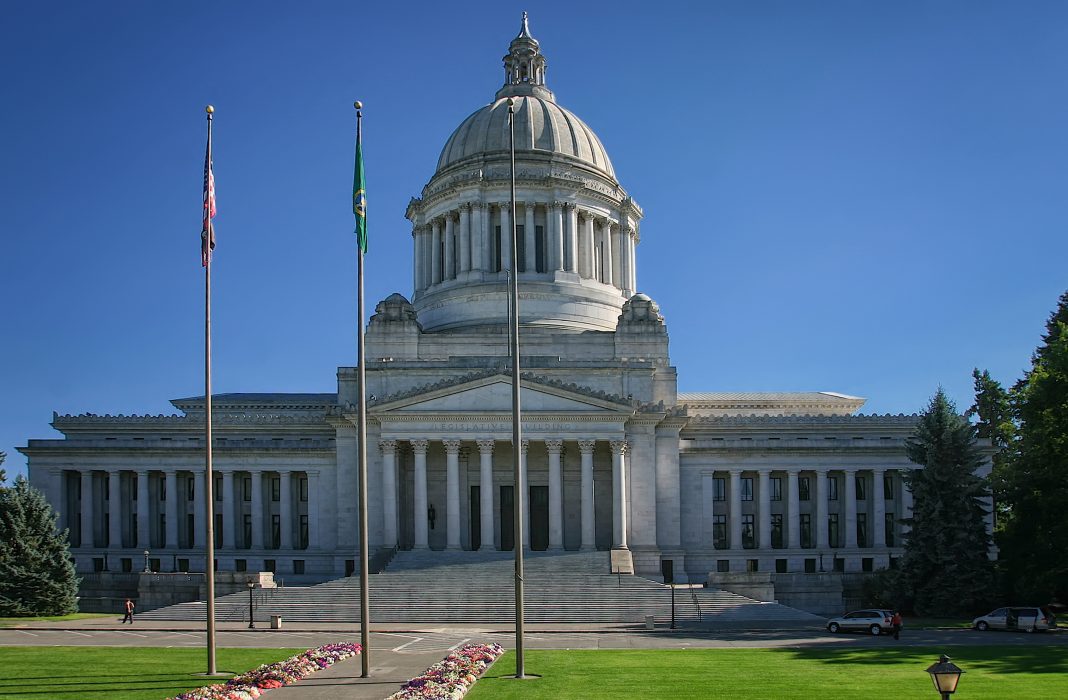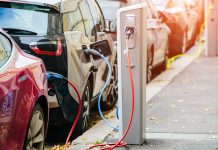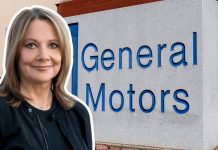The rise of electric vehicles has taken on new momentum, as a new measure voted on by the Washington State Legislature has set a target to end sales of new gas-powered cars by 2030.
It’s an aggressive move that is five years shorter than California and New York’s own 2035 target, likely making it one of the USA’s most ambitious alternative fueling efforts.
The “Move Ahead Washington” transportation package
The 2030 measure is a part of the $16.9 billion “Move Ahead Washington” transportation package, which includes components like:
- A comprehensive plan to get the state ready for the 100% electrification of new vehicles,
- Incentivized private sector investment for EVs and charging stations,
- Clarity to stakeholders on the direction of the EV market,
- And many other pivotal and relevant actions.
Coltura, a non-profit organization committed to phasing out new gasoline-powered cars, led the coalition and campaign that encouraged this action. The organization commissioned research by Yale University, George Mason University, and Climate Nexus, revealing that 55% of voters support a phase-out of gasoline-powered cars in 2030. And states seem to be getting the message of the majority.
The push for Biden’s acknowledgement
Other than California, New York, and Washington, many states have yet to take such bold efforts to phase out gasoline-powered vehicles. Still, in the early months of 2021, state governors urged President Biden to set standards to phase out the sale of new gasoline-powered cars by 2035. Governors from California, New York, Connecticut, Massachusetts, North Carolina, Hawaii, Maine, New Jersey, and a few other states participated in the ask.
Eventually, a few months later, Biden announced the restoration and enhancement of President Barack Obama’s auto mileage standards and signed an executive order that calls for the government to attempt to ensure that 50% of all vehicles sold in this country are electric by 2030.
Tangible results in Rhode Island
Nevertheless, organizations like Coltura continue to take matters into their own hands. The non-profit is working with a coalition to pass a bill similar to Washington’s in Rhode Island, according to a press release from Coltura. Rhode Island Senator Alana DiMario and Rep. Terri Cortvriend have introduced a bill to increase the state’s adoption of electric vehicles by 2030.
The actions of these state officials and legislatures are causing automakers to take note. Mercedes-Benz, Jaguar, Land Rover, General Motors, Volvo, and Ford have indicated that they are looking to phase out gasoline-powered vehicles from their lineups by 2040.
What was once a far-fetched idea now seems likely to become a reality in this country within the next decade. So, what does this mean for the automotive industry — particularly dealers?
How does new EV mandate legislation impact dealers?
The phase-out of gas-powered cars may require dealerships to make a variety of adjustments, including keeping current on state standards as EV adoption and gasoline-powered car phase-outs goals become dynamic and fluid.
According to research from management consulting firm McKinsey & Company, dealers may also have to face scenarios like:
- Establishing new operating procedures,
- Helping dealership associates navigate a learning curve of new technologies related to EVs,
- Managing the potential for fewer servicing appointments since EVs require fewer parts to operate,
- And planning for the higher price of EVs.
EV adoption is gaining in the West and South, as states like California, Washington, Arizona, Georgia, Texas, and Florida lead the way in EV adoption. Nevertheless, we still have a ways to go before Biden’s 2030 50% gasoline-powered car phase-out goal. But if more state legislatures start to follow suit behind the efforts of states like California, Washington, and potentially Rhode Island, then EVs could begin to rule dealer lots sooner rather than later.
Did you enjoy this article from Chanell Turner? Please share your thoughts, comments, or questions regarding this topic by submitting a letter to the editor here, or connect with us at newsroom@cbtnews.com.
Be sure to follow us on Facebook and Twitter to stay up to date or catch-up on all of our podcasts on demand.
While you’re here, don’t forget to subscribe to our email newsletter for all the latest auto industry news from CBT News.










